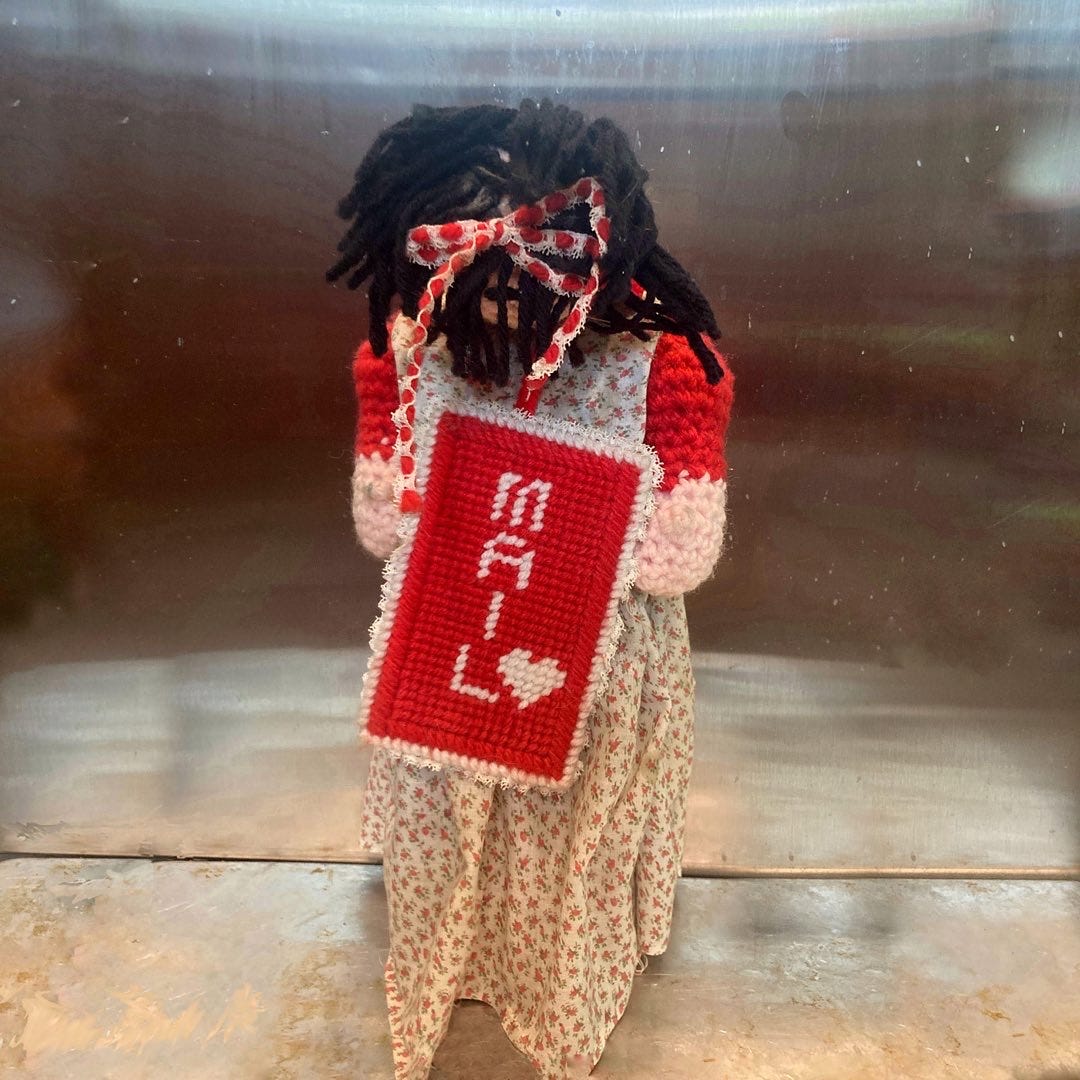We’d been living in our rural Indiana home only a short time before my dad got sick. After weeks of prodding, he finally agreed to have his nagging chest pain checked out. He went in suspecting a heart condition and came out with a diagnosis of terminal lung cancer—except he wasn’t let in on the terminal part. Just as they were leaving, the doctor pulled my mom aside and told her, adding that if my dad knew he had only a handful of months left, he’d give up. The truth would be my mom’s to bear alone.
Caring for seven kids under 18 and a gravely ill husband was surely hard enough—especially when our nearest family was 700 miles away—but knowing the reality of his condition must have been crushing. She never let on. She put on a bright smile and lied to us all. She assured us everything would be fine. She’d present a meager meal of Spam with a flourish and joke about our feast of roast beast. She’d sing “If I had a hammer, I’d hammer in the morning,” comically drawing out the lyrics as if the classic protest song was meant to be funny. She talked only about when—not if—Dad would get better. She didn’t cry. Not in front of us, anyway.
As a bricklayer, my dad had been our family’s primary breadwinner. Without his income, the bills mounted. Mom’s used bookstore brought in barely any money, so she stayed up late at night crocheting dolls to sell. My older siblings took after-school jobs to help. I was only in kindergarten; some of the payment plans Mom arranged wouldn’t be paid off until I’d graduated high school.
When Dad’s condition worsened, he was moved to a hospital 30 miles away. Mom could neither afford to shut her store nor leave us younger kids unsupervised. We had only one car—a junky 1979 Ford station wagon with poop-brown seats—and my older siblings often needed it to get to work; the money they brought in was crucial for paying the mortgage. Mom scheduled her time with painstaking care to allow as many hours with Dad as possible.
She wasn’t there the night he died. We didn’t have a phone, so we relied on neighbors for calls, and by the time she received a message in the morning, he was gone. She closed her bedroom door and cried for a long time.
And then she mustered the energy to keep going, if not for herself, then for us kids. When my little brother would ask her to make him lunch, she’d wave her hands like a magician and announce theatrically, “Poof, you’re a sandwich.” It was a corny joke, but he would giggle every time. If you don’t laugh, you’ll cry, she’d say later. This philosophy guided her until her death this past November.
A few months after Dad passed, my class had a Valentine’s Day party. Every student needed a decorated container to collect cards from the other students. Using what materials we had around the house, my mom created the most special container she could. Almost 15 inches tall, she’s made of a cardboard box with one end tented open to form shoulders. Her dress is a length of leftover calico fabric. Her head and arms are crocheted. A slot between her shoulder blades received the valentines. Her head hangs heavy; it always has. But she bears her secret messages of love with an unfading smile.
—Carolyn Divish





